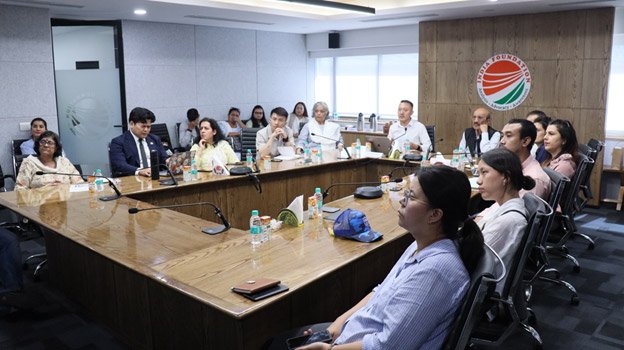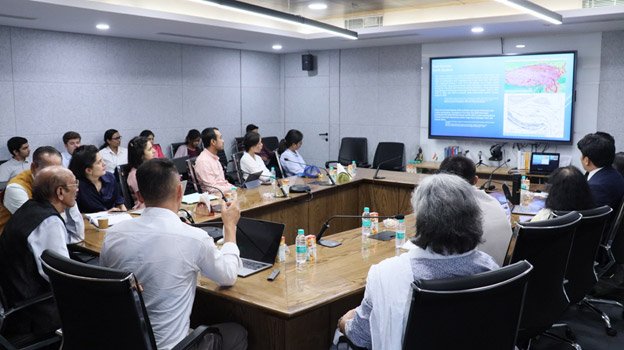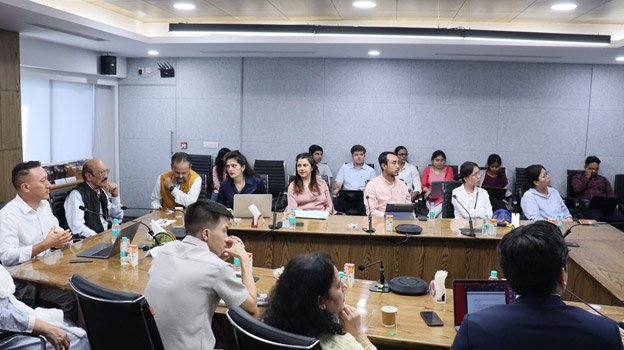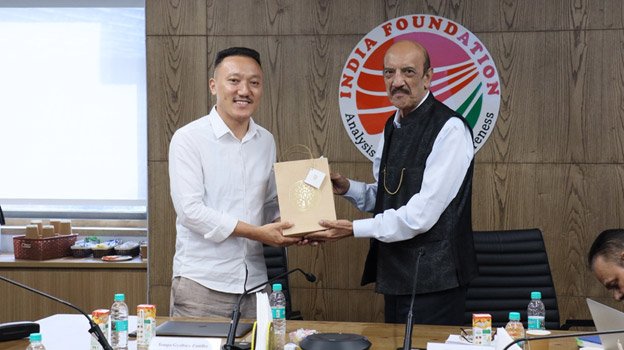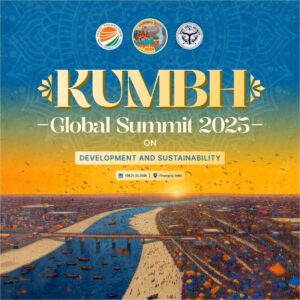India Foundation organised the sixth session of the Round-Table Discussions in the ongoing “Tibet Talks” series. The topic for this session was “Dams and Displacement: China’s Disruptive Development Drive in Tibet”. The session was addressed by Mr.Tempa Gyaltsen Zamlha, Deputy Director of the Tibet Policy Institute. The Round-Table Discussion took place on 13 June 2024 (Thursday) at the India Foundation office, with the session chaired by Maj. Gen. Dhruv Katoch, Director, India Foundation.
The speaker addressed the session by introducing the gathering to the protests that were recently held in February, in the Derge region of Eastern Tibet, Sichuan. These protests were held due to the proposed building of the Kamtok dam in the Derge region of Tibet and hence the protesters pleaded with the Chinese government to not build these dams due to multiple risks that surrounded it. Irrespective of this, the Chinese government have planned to build 13 dams in very close proximity to each other, which according to the Tibetans will lead to multiple risks like displacement of communities, loss of culture, environmental threats, threat to human life and many more for the Tibetan communities that live near these dams.
The speaker subsequently highlighted the 10-point call put forward by Tibetan experts on the current Chinese dam construction and forced displacement in Derge which included suggestions like local inclusivity, participation of local communities in decision-making etc. However, the Chinese government has justified the rapid development of dams by attempts at decreasing poverty, optimizing energy structure and achievement of ‘dual carbon’ goals which come under the aim of achieving a ‘Moderately Prosperous Country’ for the Chinese community and hence also put a lot of emphasis on their goal of achieving peak Carbon Emission before 2030 and Carbon Neutrality by 2060. To achieve this target, the Chinese government has started building multiple dams, and solar and power institutions as they conceive it to be eco-friendly and a source of renewable energy, though this idea of dams has been contested in recent times due to manifold consequences which encompass the domains of cultural, environmental and social losses.
The discussion then delved into the Tibetan view of these rapid development of dams who perceive it to be for the Chinese people and their government and not for the welfare of the Tibetans. They believe that the construction of these dams is against the culture and heritage of the Tibetan people. The speech then furthered onto the discussion of the Bolo landslide of 2018, wherein the Jinsha river was blocked for 11 days which made the river flow backwards, leading to subsequent flooding that submerged the whole of Bolo town and destroyed more than 100 houses. The risk extended not only to the Tibetan people, but also to the various Chinese communities that lived downstream. The speaker shed light on the massive damage that can happen if such a case happens with any one of these dams in Tibet as well.
